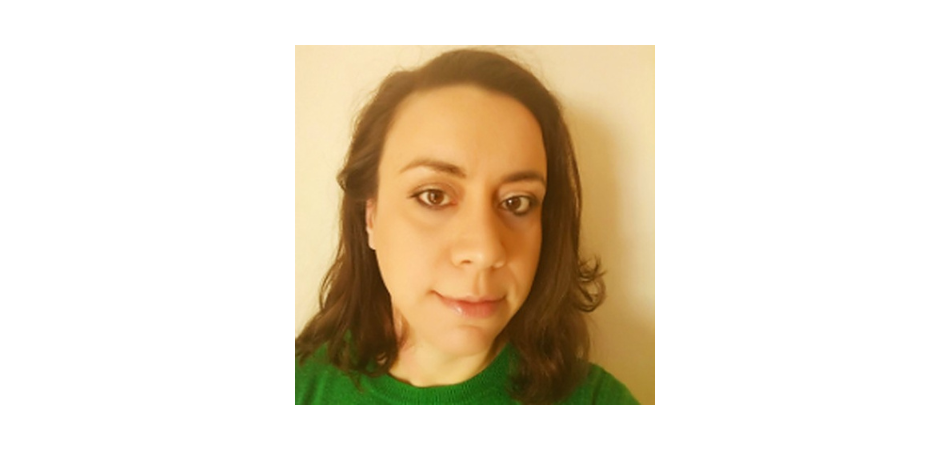Finding the balance with food this Christmas
As we enter the festive season, marked by a plethora of culinary delights and celebratory feasts, our focus today is on finding a delicate balance with food, especially for those navigating the complex landscape of eating disorders during Christmas, with the help of our distinguished expert Dimitra Theofili.
Embrace the spirit of our Christmas campaign and treat yourself to the gift of well-being. Enjoy complimentary 30-minute therapy sessions by simply sharing your name, contact number, and the topic of concern with us at christmashelp@ukat.co.uk. In this season of giving, UKAT believes everyone deserves the support they need on their journey to a healthier and happier life.
In this interview, we will delve into the unique challenges that individuals with eating disorders may encounter during the holiday season. Dimitra Theofili will provide invaluable insights into practical strategies for maintaining equilibrium, offering guidance on negotiating social expectations, debunking myths surrounding holiday eating, and fostering a compassionate mindset toward oneself.
How do the holiday festivities and societal expectations around food impact individuals who are dealing with or recovering from eating disorders?
Christmas is always a trigger for people who are struggling with an eating disorder, and it can be a source of anxiety and stress. Christmas can be a particularly challenging period for people with vulnerable mental health and especially for people with eating disorders due to preoccupation with food and overindulging.
Are there specific triggers during the holiday season that individuals with eating disorders may face, and how can they navigate these challenges?
One of the first things that comes to mind when we talk about Christmas is the food: chocolates, cheeses, puddings, and minced pies. People will tell us to “treat ourselves, it’s Christmas!”. There is social pressure to attend meals, Christmas parties, family dinners and enjoy food. Christmas can be a massive trigger of relapse, especially for those in early recovery. Buffets can also be a trigger, and most people with eating disorders will be terrified to eat a buffet meal.
What advice do you have for someone in recovery who finds themselves surrounded by triggering foods or situations during holiday gatherings?
There are many things you can do to make the situation more tolerable. First of all, fellowship meetings can be a great support during the Christmas period (ABA- OA). Get yourself in a meeting! Talk to a therapist.
If you need to attend a gathering that you cannot avoid, make an exit plan! Who is the first person you can call if you start struggling? Have a plan in place. Take a trusted friend or family member with you, somebody who is aware of your eating disorder
For those supporting someone with an eating disorder, what are some ways to create a supportive and understanding environment during holiday celebrations?
Try to get yourself in an open OA or ABA meeting, educate yourself about eating disorders, read, learn and ask! Ask your loved one what they need. Maybe ask them about their trigger food and don’t put them at any unnecessary risk. What might seem like “safe” food for you might become a massive trigger for your loved one. The basic advice is not to comment about what they are eating or how much they are eating. Don’t comment on their weight, even if you think it would make them feel good. It won’t make them feel good!
Are there specific signs or behaviours that loved ones should be attentive to during the holidays, indicating that someone may be struggling with their eating disorder?
- Isolation
- running away from communal areas after meals,
- many visits on the toilet,
- excessive exercise,
- preoccupation with calories,
- restricting food or eating too much
For those in recovery, what are some strategies to navigate the post-holiday period and maintain progress towards a healthy relationship with food?
Take recovery one day at a time. Start your day with mindfulness/ meditation and a healthy, nutritious breakfast. Talk to a therapist, to your sponsor or another eating disorder sufferer. Stay focused. Just for today, I will be kind to myself; just for today, I will eat a nutritious meal. Repeat this commitment each day, taking gradual steps toward healing.
We extend our heartfelt gratitude to Dimitra Theofili for sharing her knowledge and wisdom, shedding light on the nuances of navigating the festive season with compassion and self-care when someone is struggling with an eating disorder.
For those facing challenges related to eating disorders or associated mental health issues this Christmas season, it’s crucial to recognise that help is readily available. Our dedicated team of experts is committed to providing the necessary guidance and support to embark on the journey toward recovery. Don’t hesitate to reach out to us today at UKAT.




